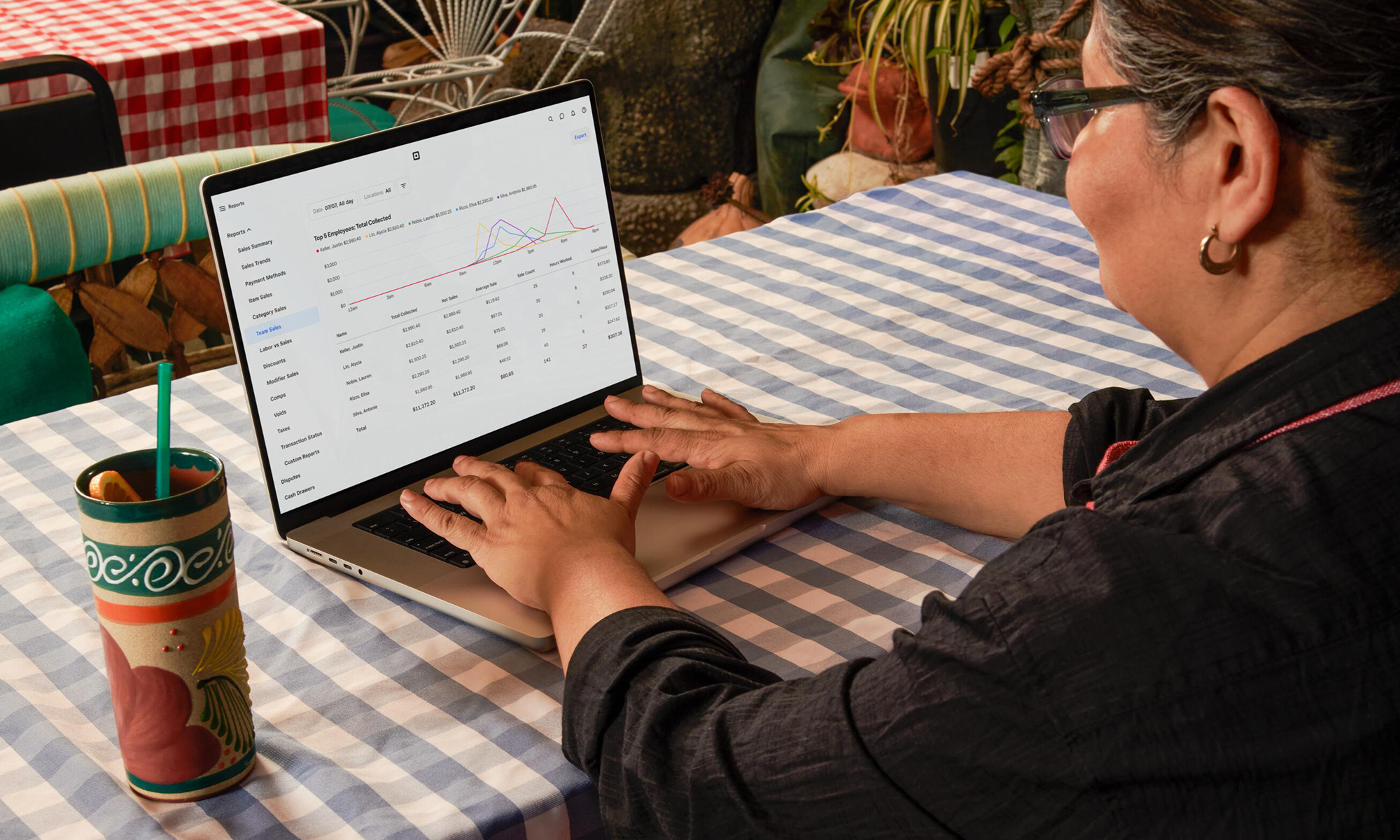There are over 3.5 million people using Square's (SQ 0.52%) Cash Card, the debit card linked to its popular mobile payments app Cash App. That's between 15% and 20% of the app's rapidly growing user base, CFO Amrita Ahuja confirmed at a recent investors conference.
But unlike most prepaid debit cards, Cash Card fits into a much broader ecosystem of services. It's important for Square investors to understand Cash Card's place in Cash App, and why Square is putting such a big focus on the product. Here are three main reasons.

Image source: Square.
1. Cash Card increases Square's ability to sell other services
The Cash Card affects the entire Cash App ecosystem. For instance:
- It's a product that brings new customers into the app. That naturally gives Square a bigger base of potential customers who might spend money on additional products and services.
- It increases engagement among users, providing them a reason to continuously log into the app and check their available balance and other app features. That behavior provides even more opportunities to offer additional services.
- It incentivizes users to keep a balance in Cash App. Ahuja said Square now accounts for $500 million in stored funds in Cash App. She says when users have funds available in the Cash App, it really opens the door for Square to do more. "When they're storing funds with us, they're thinking about doing other things with us," she said. Things like investing in bitcoin, direct depositing their paychecks, or making ATM withdrawals. "All these other things that we can move people through and move their money through in our Cash ecosystem to add value to our customers."
Cash Card is a big gateway to get more people using multiple Square services. And when customers use multiple Square services, it allows Square to offer better pricing than its competitors, which makes it even more attractive to new users.
2. Cash Card is more accretive than cannibalistic
Ahuja was keen to point out Cash Card hasn't been nearly as cannibalistic to Cash App's biggest money-maker as investors might expect. Instant Deposit -- which allows users to withdraw Cash App funds to a bank account for use in a matter of seconds -- is still Cash App's biggest source of revenue.
"We've seen Instant Deposit continue to grow as Cash Card has ramped," Ahuja said. "Ultimately, it's an accretive use case for us. Where we can grow the overall pie with the introduction of Cash Card," she added later.
What's most interesting about that statement is Square has moved to increase the fee for Instant Deposit, somewhat pushing users toward Cash Card. It upped the fee from 1% to 1.5% last year. Nonetheless, Instant Deposits continue to grow, indicating there may be more pricing power for Square to squeeze.
3. Cash Card Boosts has the potential to become a significant source of revenue
Square introduced Boosts last year, which offer instant cashback for making purchases at certain stores and restaurants with your Cash Card. For the most part, Square has funded those Boosts as a way to increase adoption for Cash Card. But the company made its first move to turn the tables recently when DoorDash started sponsoring its own Boost in Cash App.
Former CFO Sarah Friar once said Boosts could become an advertising product for Square to sell merchants at some point in the future. Considering the level of data Square collects from Cash Card users, it can provide excellent feedback to merchants to show the impact of their campaigns. That data also enables Square to target users for offers more effectively, since it knows how they're already spending their money.
Approximately 3.5 million users create a pretty big audience for an advertising product. But in the world of digital advertising, there are great benefits to scale, as evidenced by the top-heavy distribution of digital ad spend. Increasing the total number of Cash Card users has a multiplicative impact on Square's ability to target promotions on top of adding advertising inventory.
Increased customer value
Ahuja does a great job of summing up the value Cash Card brings to the Square ecosystem: "We like Cash Card because it increases lifetime value and it increases the durability of that customer relationship."
Because Cash Card increases total engagement within Cash App, not only is the average value of a new customer going up, Square is also better able to predict that customer's value. That's especially important for Square going forward as it looks to invest more in marketing and growing its overall user base with the cash infusion from the sale of Caviar. Knowing how much a customer is worth is key to spending efficiently on marketing.






